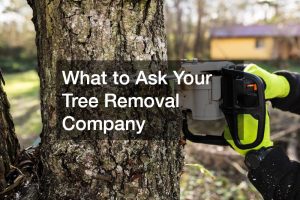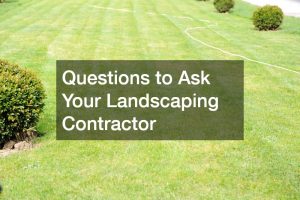A garden can provide a much-needed oasis of calm in our hectic lives. It can be a place to relax and escape the pressures of work and family life. It can also be a place to get some exercise and fresh air. And if you’re lucky enough to have a green thumb, it can be a source of fresh, homegrown produce. Whether you grow flowers, vegetables, or both, a garden is a beautiful addition to your home.
Now that you finally have your dream garden after all your blood, sweat, and tears (figuratively, of course), it’s time to sit back and enjoy the fruits of your labor. The last thing you want is for someone or something to come along and ruin all of your hard work. Here are a few ways you can protect your garden:
Mulching
Mulching is one of the best ways to protect your garden from weeds, pests, and extreme weather conditions. Covering the soil with a layer of mulch can create a barrier that will help keep your plants healthy and vibrant.
Many mulch types are available, so you can choose the one that best suits your needs. Organic mulches, such as bark chips or straw, will provide nutrients to the soil as they break down. Inorganic mulches, such as plastic or landscape fabric, will last longer and can effectively prevent weed growth. Whatever type of mulch you choose, apply it evenly around your plants and replenish it as needed.
With care and attention, mulching can be an easy and effective way to keep your garden looking its best.
Pest Control
As a gardener, you know that pests can be a problem. They can damage your plants and make it difficult for them to grow and thrive. You can do several things to control pests in your garden.
First, you can start by keeping your garden clean. This means removing debris and dead leaves and keeping the area around your plants free of weeds. Second, you can choose plants that are less susceptible to pests. This includes selecting plants that are native to your area and ones that have naturally resistant foliage. Third, you can use physical barriers to keep pests away from your plants. This may include using netting or fencing to keep out larger animals or using row covers to protect vulnerable seedlings. Finally, you can use pest control products judiciously to target specific pests. This may include using traps, sprays, or other products designed to kill or repel pests.
Following these steps can help keep your garden healthy and pest-free.
Watering
Keeping your garden properly hydrated is crucial to its health and vitality. Not only does water support the growth of plants, but it also helps to keep the soil from eroding.
There are a few things to keep in mind when watering your garden:
- Choose the right time of day. Watering in the morning is best, as it gives the plants time to absorb the water before the hot sun evaporates it. Watering in the evening can also be effective, but avoid wetting the leaves, as this can encourage fungal growth.
- Don’t overwater. While keeping your garden hydrated is important, you don’t want to saturate the soil, as this can lead to root rot. Allow the top layer of soil to dry out between watering.
- Use a soaker hose. A soaker hose delivers water directly to the roots of plants, minimizing evaporation and runoff. This is an especially efficient way to water large gardens.
Following these simple tips can help ensure that your garden gets the moisture it needs to thrive.
Fencing

A fence is a defined physical boundary that separates your garden from the rest of the world. It acts as a barrier, deterring unwanted animals and people from entering your space. A well-designed fence can also enhance the aesthetic appeal of your garden and increase its privacy.
Many types of fencing materials are available on the market, so it’s important to select the right one for your needs. However, consider an aluminum fence if you want the best overall protection. Aluminum is durable and weather-resistant, so it will stand up to the elements. These come in different shapes and sizes, so the aluminum fence cost may also vary. But no matter the price, aluminum fences will always be low maintenance, so they can save you money in the long run. So aluminum might be the way to go if you’re looking for an attractive and affordable fencing option.
Following these simple tips can help protect your garden from animals, pests, and bad weather. Mulching, pest control, watering, and fencing are all great ways to keep your plants healthy and happy. Just remember to take time for yourself; after all, you deserve it! Kick back with a cold drink and enjoy the fruits of your labor. Your beautiful garden will be safe and sound thanks to you!




